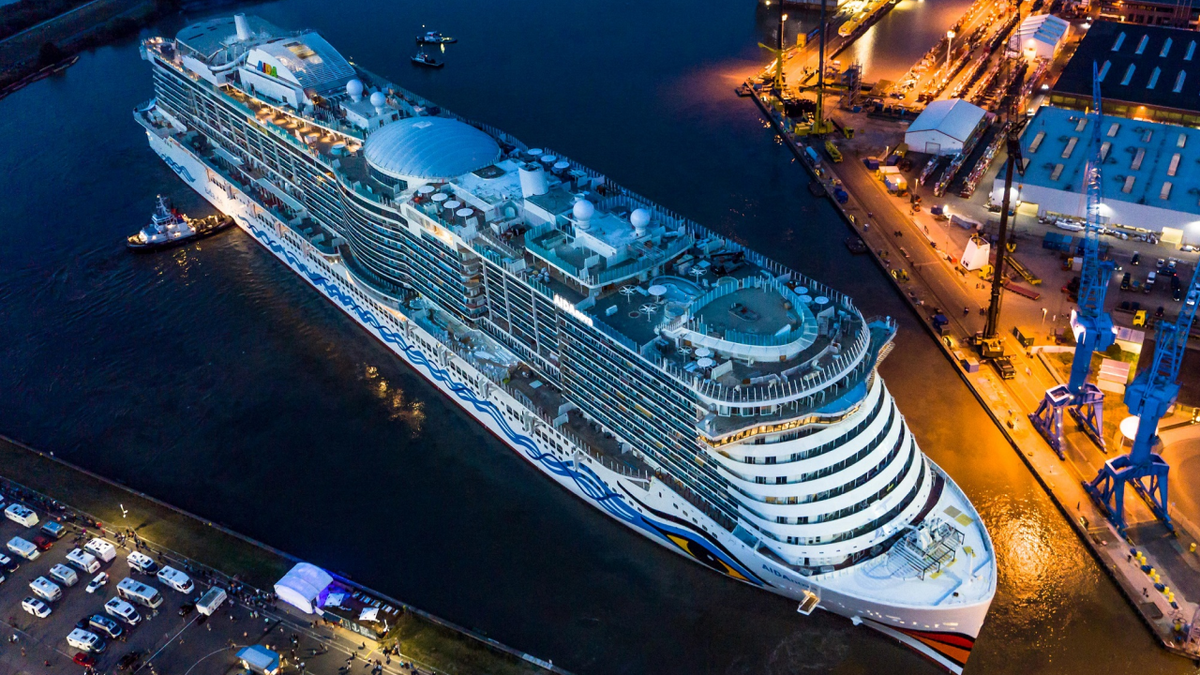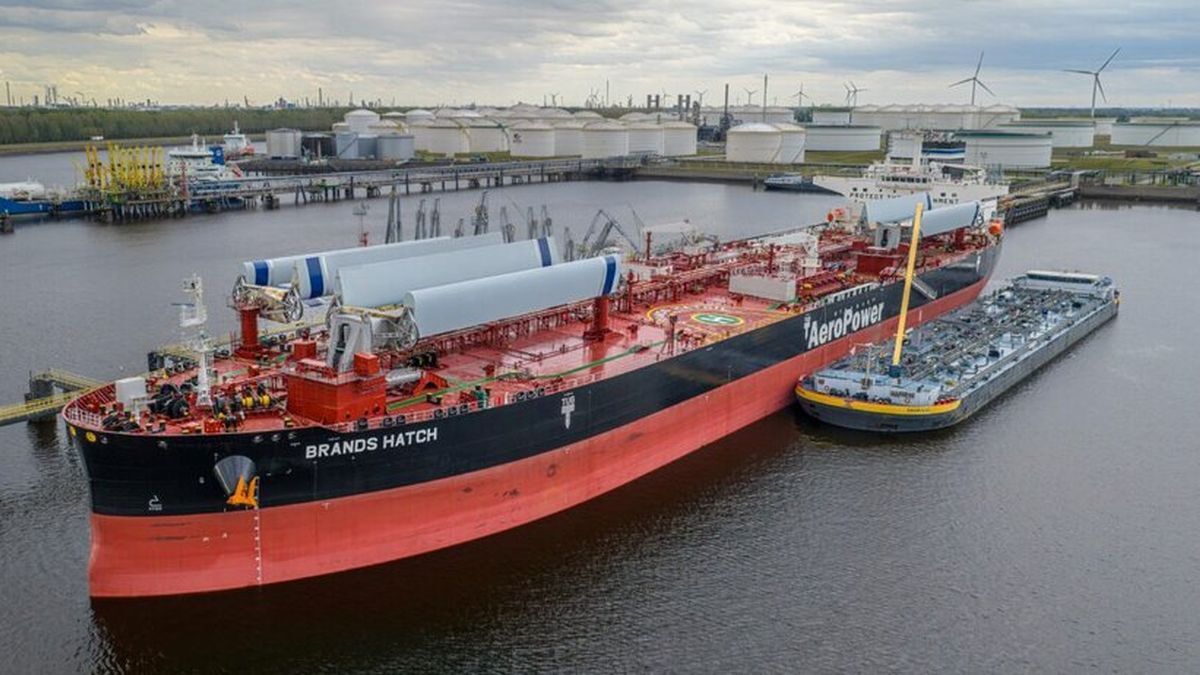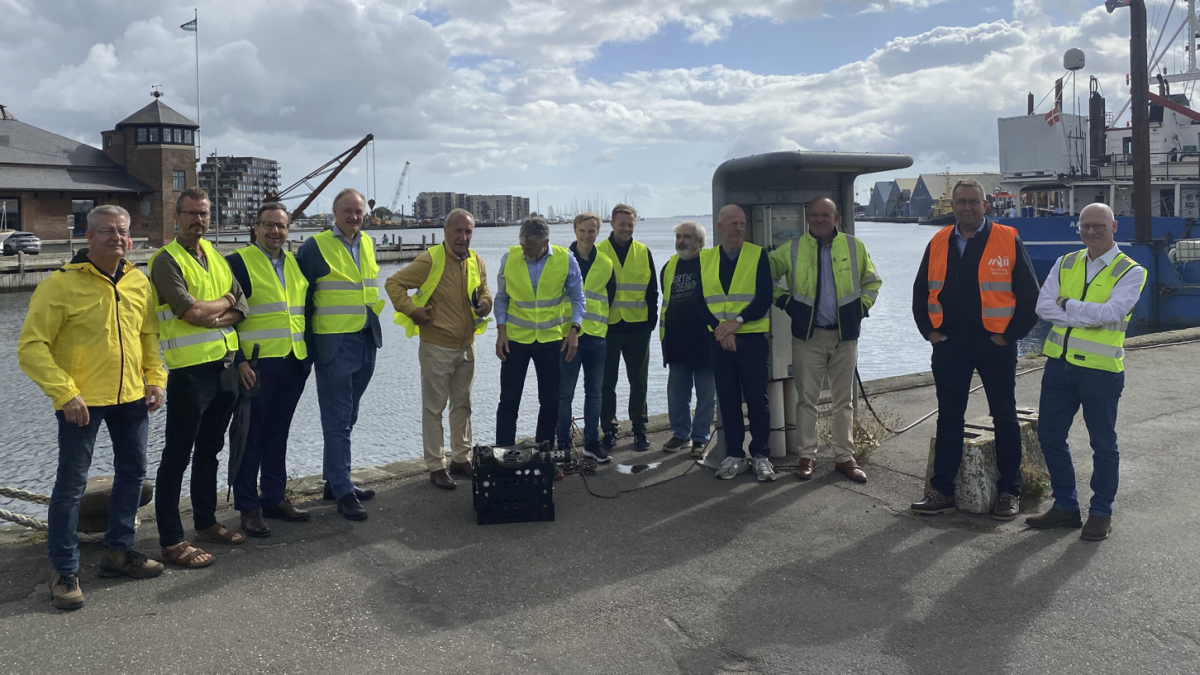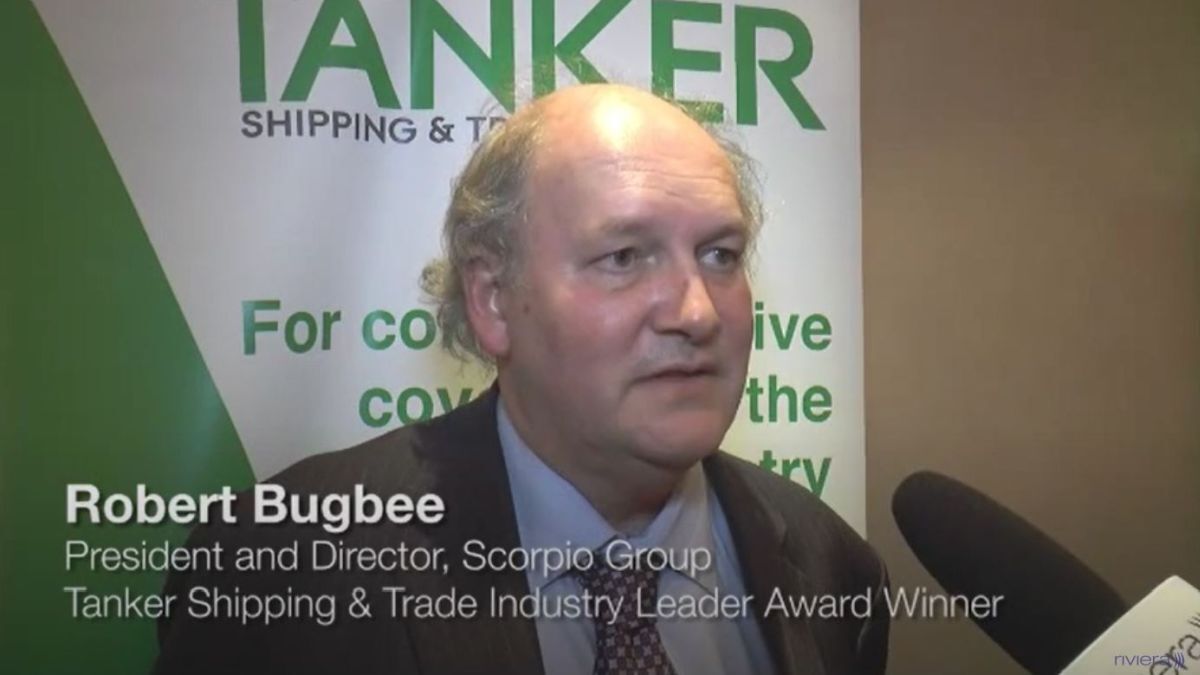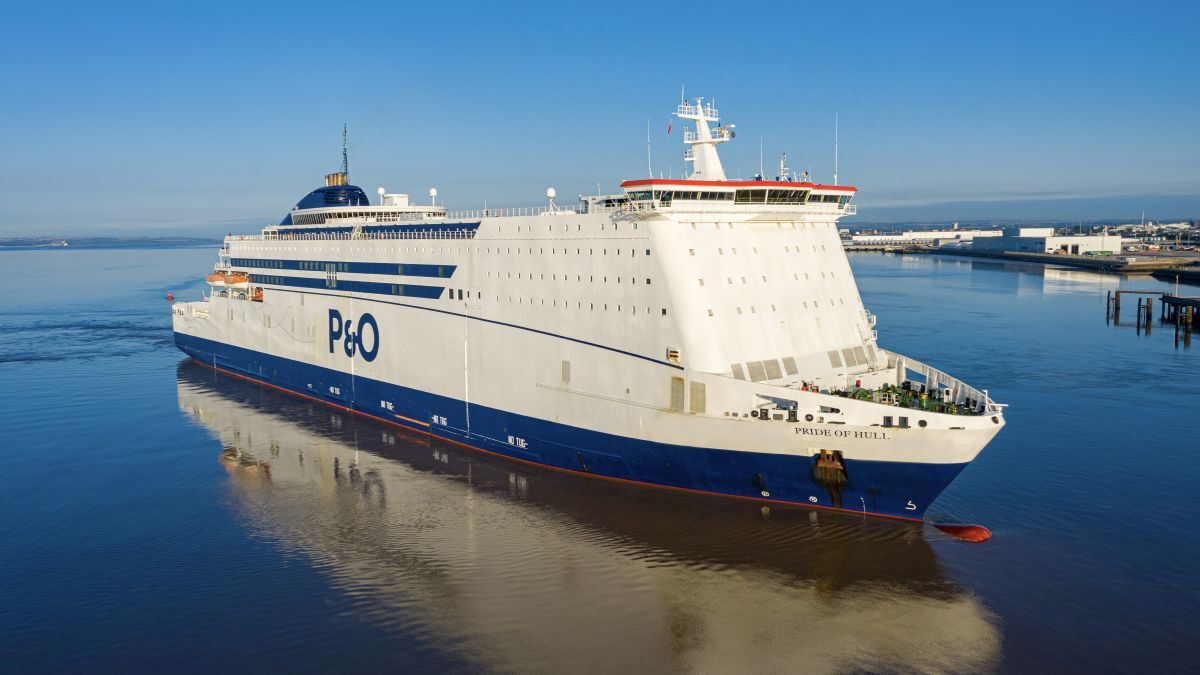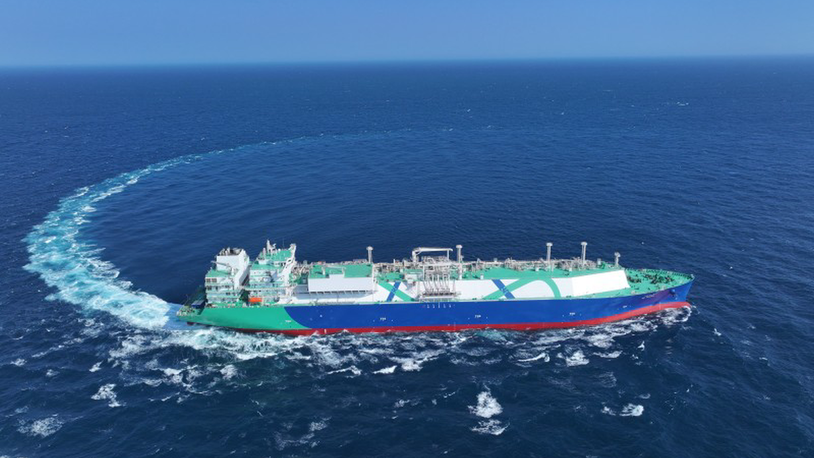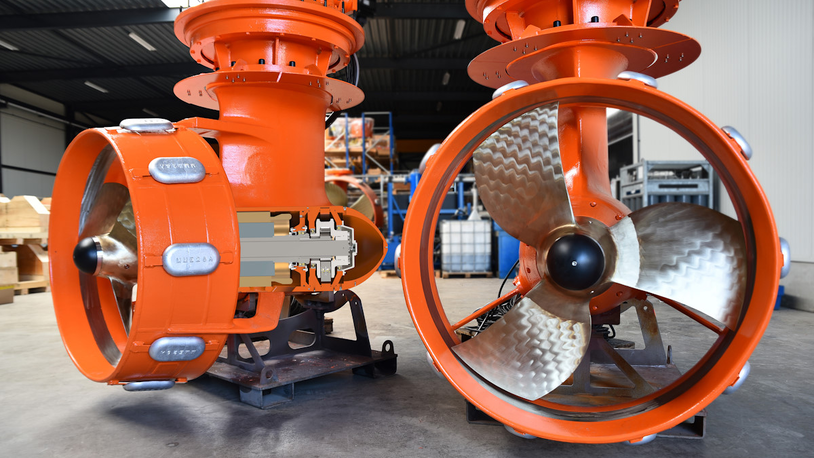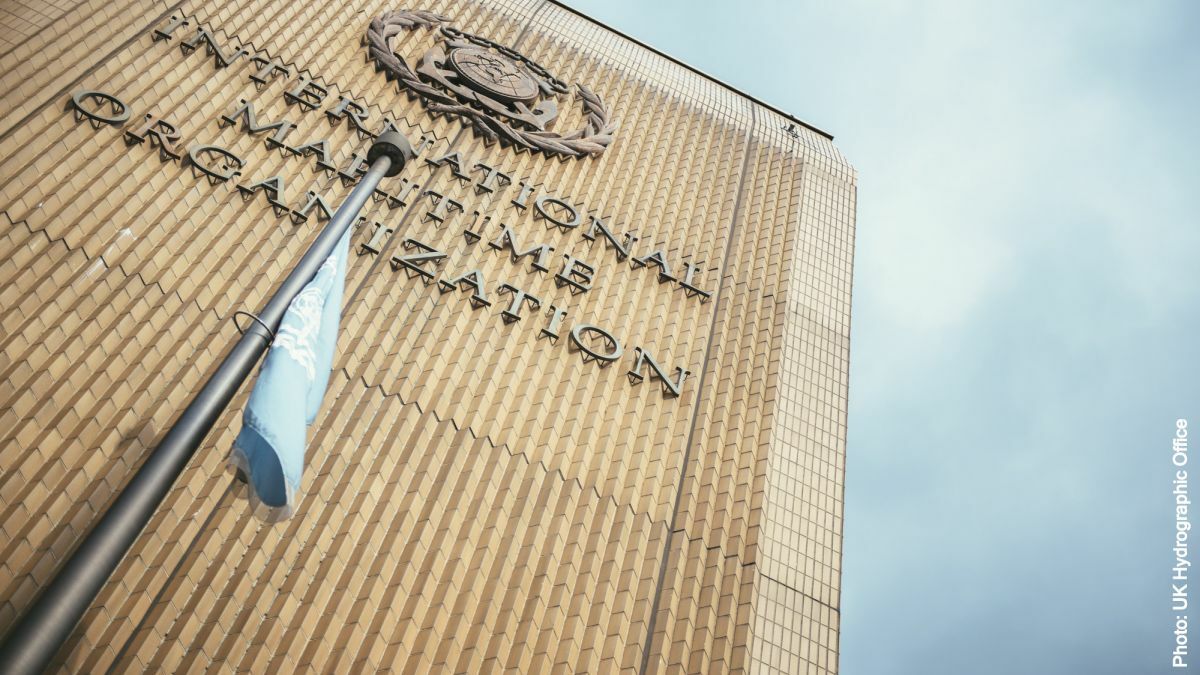Business Sectors
Events
Offshore Wind Webinar Week
Contents
Shell, Carnival and MSC headline coalition to measure methane slip
With LNG-fuelled vessel orders piling up, the newly formed Methane Abatement in Maritime initiative (MAM) aims to create a method for measuring escaping methane, the incredibly potent heat-trapping greenhouse gas (GHG) that leaks from the entire LNG supply chain, including from incomplete combustion in LNG-burning engines
The primary goal of the MAM coalition members – which are cruise lines MSC and Carnival, class society Lloyd’s Register, oil and gas major Shell, shipyard group Seaspan, tanker fleet owner Knutsen and LNG ship management company Maran Gas Maritime – is to function as an ’accelerator’ or investor in technologies and technology companies.
The coalition said its first year will be defined by a search for technologies to monitor and reduce methane slip from LNG-fuelled vessels and to build pilot programmes to test and potentially to bring the technologies to market.
"To date, there are no globally recognised methods for measuring methane slip – with a lack of available data and tools contributing to the issue. It is hoped the new solutions identified by the innovation initiative will help the industry to understand the extent of, and then manage, their methane emissions activities," MAM said.
A secondary goal for the group is to assess the usability of bio- and synthetic methane, a decision that will be predicated on understanding whether methane slip can be brought to ’negligible levels’ and what level of methane slip, if any, is small enough to be considered negligible, based on the extreme warming potential of the greenhouse gas.
"Measuring the scale of methane emissions, and understanding if they can be managed to negligible levels, will signal if liquefied bio methane and liquefied synthetic methane are viable pathway fuels to help achieve 2050 decarbonisation targets," MAM said.
MAM describes methane as a ’potent’ greenhouse gas based on its estimated Global Warming Potential number of between 27-30 over 100 years. The 27-30 figure is compared against a baseline warming effect of carbon dioxide, which is always 1, regardless of the time period. Additionally, methane’s warming effect is estimated to be even higher than 27-30 in the first 20 years after it is released into the atmosphere, and the next 20-year period is critical to attempts to prevent runaway temperature rises that could severely impact life on earth.
"LNG has long been understood by the shipping industry as a bridging fuel to support its decarbonisation efforts – with campaign groups forecasting that over two-thirds of new ships will be powered by LNG by 2025. Since 2010, the number of vessels fuelled by LNG has grown consistently by 20-40% per annum," MAM said.
"Compared with traditional marine fuels, LNG is widely understood to generate less carbon dioxide, and emit less nitrogen oxides, sulphur dioxide, and particulate matter for the same propulsion power [as diesel fuels]. However, some analysis has indicated that the environmental benefits of using LNG could be negate due to the propensity of LNG-vessels to leak unburned methane through the combustion process," MAM wrote in its announcement.
MAM initiative’s ultimate goal is to educate shipowners and operators and to encourage them to adopt proven methane slip abatement technology at scale.
The initiative will be chaired by Lloyd’s Register global gas director Panagiotis Mitrou and directed by Safetytech Accelerator head of partnerships, Steve Price.
Lloyd’s Register’s existing accelerator programme, Safetytech Accelerator, will lead the coalition in its initial investment activities.
The LNG Shipping & Terminals Conference Europe will be held 16-17 November 2022. Register your interest and access more information here
Related to this Story
Events
Offshore Wind Webinar Week
Maritime Decarbonisation, Europe: Conference, Awards & Exhibition 2025
Offshore Support Journal Conference, Americas 2025
© 2024 Riviera Maritime Media Ltd.


